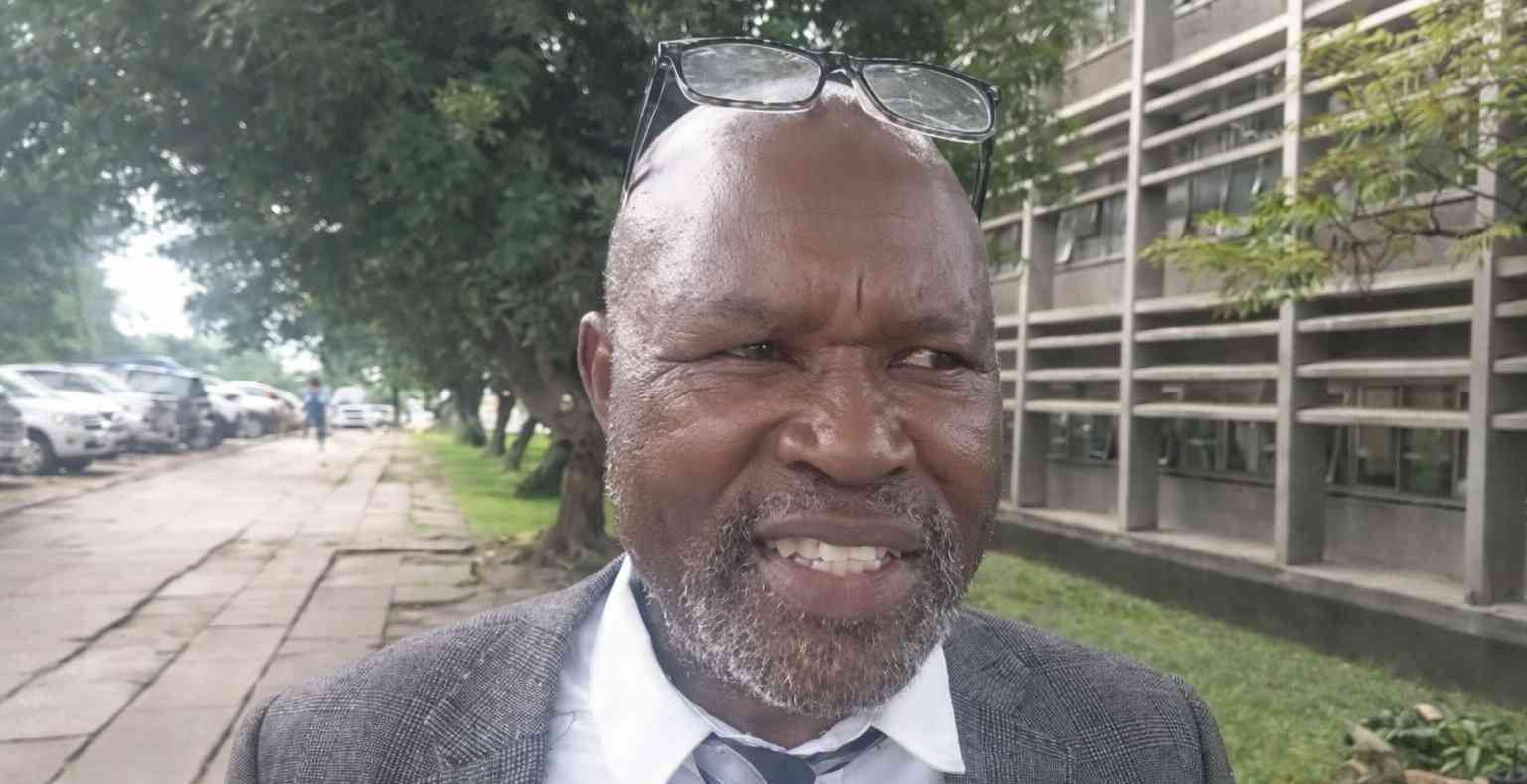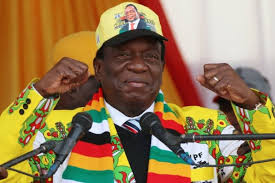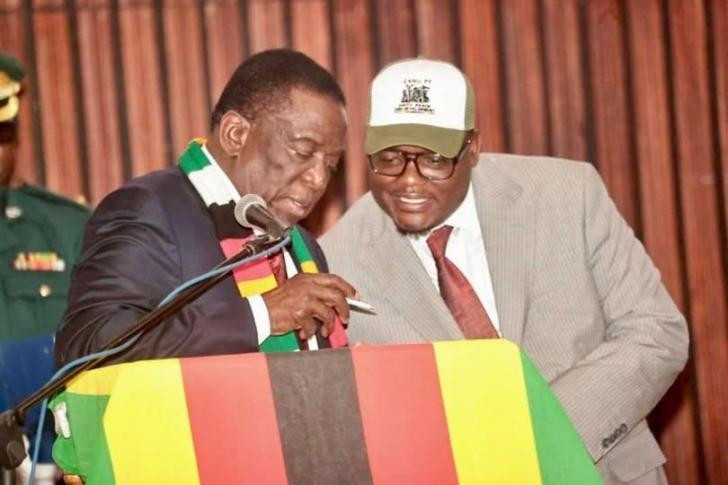
The current Parliament’s capacity to exercise oversight over President Emmerson Mnangagwa’s executive has since the 2023 elections been severely weakened by Sengezo Tshabangu’s devastating purge of opposition Citizens Coalition of Change (CCC) legislators.
After CCC won a commendable 73 seats, which denied Zanu PF a majority in the National Assembly, Tshabangu emerged from nowhere and started claiming to be the interim secretary general of the opposition party.
He was allowed to implement wholesale recalls of elected parliamentarians and councillors until the party’s leader Nelson Chamisa was forced to throw in the towel as he claimed interference by the ruling Zanu PF and the state. CCC’s capacity to oppose Zanu PF was diminished.
Tshabangu started fraternising with Mnangagwa and even took a delegation of CCC legislators that are in his camp to the president’s farm in Kwekwe where he pledged to support an unpopular campaign to have the 82-year-old ruler stay in power until 2030.
He has also been pushing for the postponement of the 2028 elections by two years to allow Zanu PF to implement its plan to hang on to the presidency beyond what is permissible under Zimbabwe’s constitution.
Tshabangu’s stance is obviously influenced by personal considerations rather than national interests.
It is against this background that the current Parliament is neglecting its vital role of holding the executive accountable for its actions and policies.
That deficit was more glaring last week when Foreign Affairs deputy minister Sheila Chikomo tried to rail road through Parliament a memorandum of understanding between Zimbabwe and Belarus meant to “protect and secure” investments from the east European country in Zimbabwe.
- Zimbabwe fall in T20 opener
- Zim T20 World Cup Qualifier preps in full swing
- Mnangagwa under fire over crackdown
- SA name strong A side for Zim tour
Keep Reading
Chikomo presented the memorandum of agreement in the National Assembly seeking ratification of the agreement on promotion and reciprocal protection of investments.
Mnangagwa signed the agreement in 2023, but it remains unbinding for Zimbabwe until it has been approved by Parliament.
Curiously, the executive pushed for the ratification of the agreement while the president was in Belarus where agreements were signed between that country’s state institutions and by some individuals with close links to the president.
Parliament’s portfolio committee on foreign affairs and international trade poked many holes into the agreement, which they said would disadvantage Zimbabwe and its people if not addressed.
Notwithstanding those observations, Zanu PF legislators and some CCC that are desperate to please the executive at every turn are pushing for the ratification of the agreement by May 31.
It is in that light that we want to remind legislators, especially those from the opposition, not to lose sight of why they were elected into those positions.
Rubber stamping agreements that are meant to benefit a few politically exposed individuals at the expense of the masses of our people would be a great betrayal that will never be forgiven.











